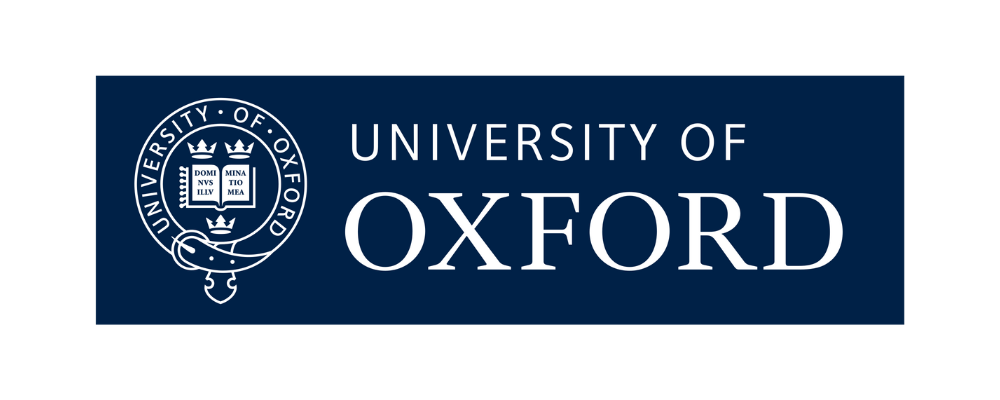On Thursday 1st May, voters in 23 councils across England will elect their councillors and mayors in the first local elections since the general election last July. There will also be a parliamentary by-election in the Runcorn and Helsby constituency.
 Professor Jane Green
Professor Jane Green
Why do the local elections matter?
These elections mark the first test since the general election for new Conservative Leader Kemi Badenoch, the new Labour government, and Nigel Farage wants to show Reform UK are on the rise and poised for a bigger breakthrough. The Conservatives will suffer widespread losses, and that will have a major influence on their electoral soul-searching about how they should rebuild support.
However, local election results are tricky to interpret and we, and politicians, can learn the wrong lessons from this week’s elections.
Local elections playing catch-up
These local elections will, in the main, be ‘catching up’ with what happened in the general election in July last year. That means that a bad night for the Conservatives and a good night for Reform is mostly a repeat of what we saw last year.
It will be the absence of gains for Labour, rather than losses, that should cause the governing party most cause for concern.
Professor Jane Green
The last time the same local councils were contested was 2021 – Conservative popularity was high and UKIP barely registered. Since then, the Conservatives have seen their vote splinter.
Reform UK has been the major beneficiary in votes (Labour’s parliamentary majority the major beneficiary in seats). However, Labour had a poor set of local elections in 2021.
While Labour won 411 MPs in July last year, they don’t stand to make massive gains in the locals. Their popular support hasn’t changed much relative to 2021, partly because it improved but worsened since July last year, and Reform now look set to make gains. So, it will be the absence of gains for Labour, rather than losses, that should cause the governing party most cause for concern.
Much of the result will be ‘old news’. Distilling what has changed from last year when these elections are a comparison to 2021 will be confusing. These local elections aren’t happening in a random sub-sample of places, and they’re local election votes, not general election votes, so they wouldn’t be the same if a general election were happening in the same places or in the country as a whole.
I’ll be looking for whether the changes in vote shares are in line with the changes in the polls since 2021 and 2024; that will show whether Reform can match their polling in votes – something that didn’t happen in the 2024 general election.
Amplified rejection of the largest parties
It’s possible that the Conservatives will now under-perform in locals too because their vote is now split on the right, but whatever happens in the locals will very likely be an amplification of fracturing compared to a general election.
Professor Jane Green
One story of the locals will be how much they represent the party system fracturing. Just like in 2024, we can expect the two largest parties to do badly in the combined popular vote, representing deep and widespread dissatisfaction and financial worries.
However, again, these results will partly be the same pattern ‘catching up’ with July 2024 but also amplified due to the nature of these elections being local elections. Labour has tended to under-perform in local elections because the Liberal Democrats and the Greens do better (and split the left vote). These smaller parties win higher local election vote shares than they do in the general election that follows.
It’s possible that the Conservatives will now under-perform in locals too because their vote is now split on the right, but whatever happens in the locals will very likely be an amplification of fracturing compared to a general election. Yes, it will look like a bigger rejection of the two largest parties, but we must remember that it might not happen to the same extent in a general election, at least to the same degree.
Cool heads on ‘Reform revolution’
Perhaps the biggest political sensation will come in the ‘rise of Reform UK’.
Nigel Farage may claim the local election results show they’re on the march, perhaps even on a road towards Number 10, but his obstacles shouldn’t be underestimated.
Professor Jane Green
Expected to do well in northern mayoral elections, potentially the Runcorn and Helsby by-election, and in the popular vote, Reform will likely be the story of the week. They would have the chance to be in local government and build from that local base.
Reform would still face huge challenges to turn local election success into a general election breakthrough, as they have before. For one, they have to reach a ‘tipping point’ for the electoral system to reward them in seats. They’re only in contention for that prize now because the two largest parties are so unpopular. Otherwise, they spread their vote too thinly in the general election last year to gain an ‘efficient vote’ and could struggle again. Their voter coalition would need to broaden for them to be more confident.
As of 2024, only 5% of Labour voters (according to our British Election Study data) saw Reform as a second choice, and their support is substantially lower among women. And even if they won in Runcorn, translating that in a general election would be much harder.
Furthermore, Reform trying to compete everywhere is a ‘one step forward, one step backwards’ problem for reducing Labour’s majority.
Reform now either second place, or a close third place in 86 of those seats. However, in 96 of the 182 Labour won in July last year from the Conservatives, Reform are a more distant third.
Nigel Farage may claim the local election results show they’re on the march, perhaps even on a road towards Number 10, but his obstacles shouldn’t be underestimated.
Watch Jane’s latest ITV News series, ‘Local Election Matters’ on ITV’s YouTube, and learn more about Jane’s research and expertise at the Nuffield Politics Research Centre.
“>Video of Local elections: Why do they matter? | ITV News
“The University of Oxford is a collegiate research university in Oxford, England. There is evidence of teaching as early as 1096, making it the oldest university in the English-speaking world and the world’s second-oldest university in continuous operation.”
Please visit the firm link to site


